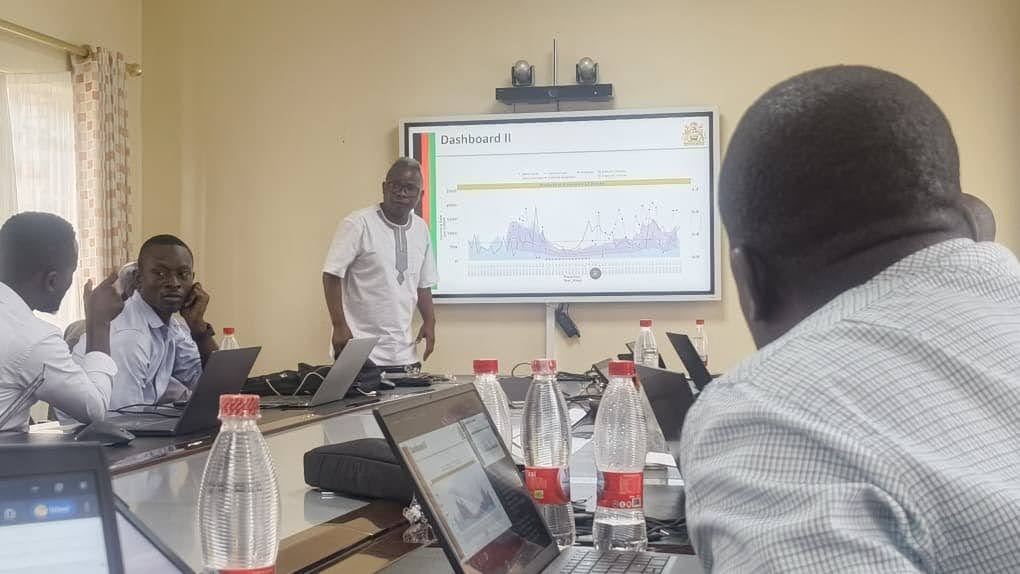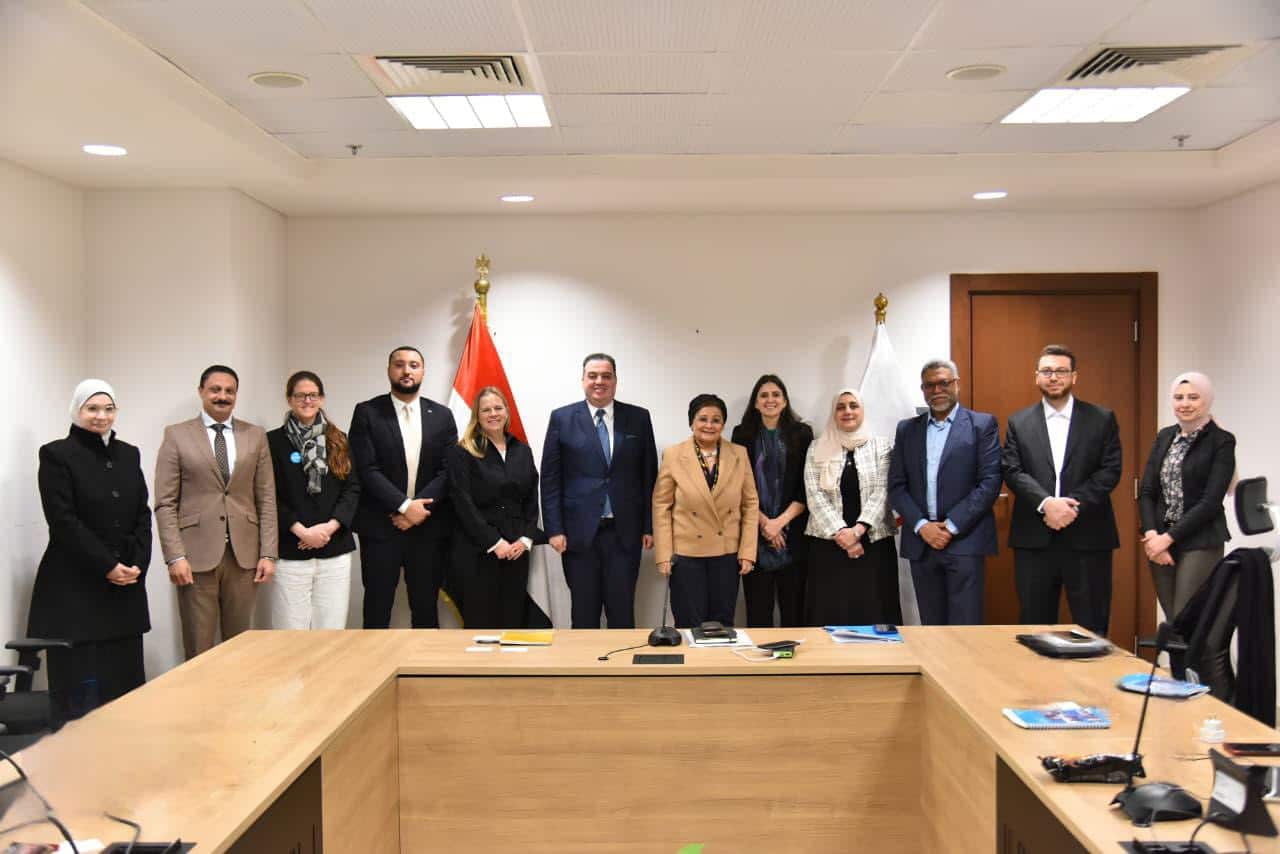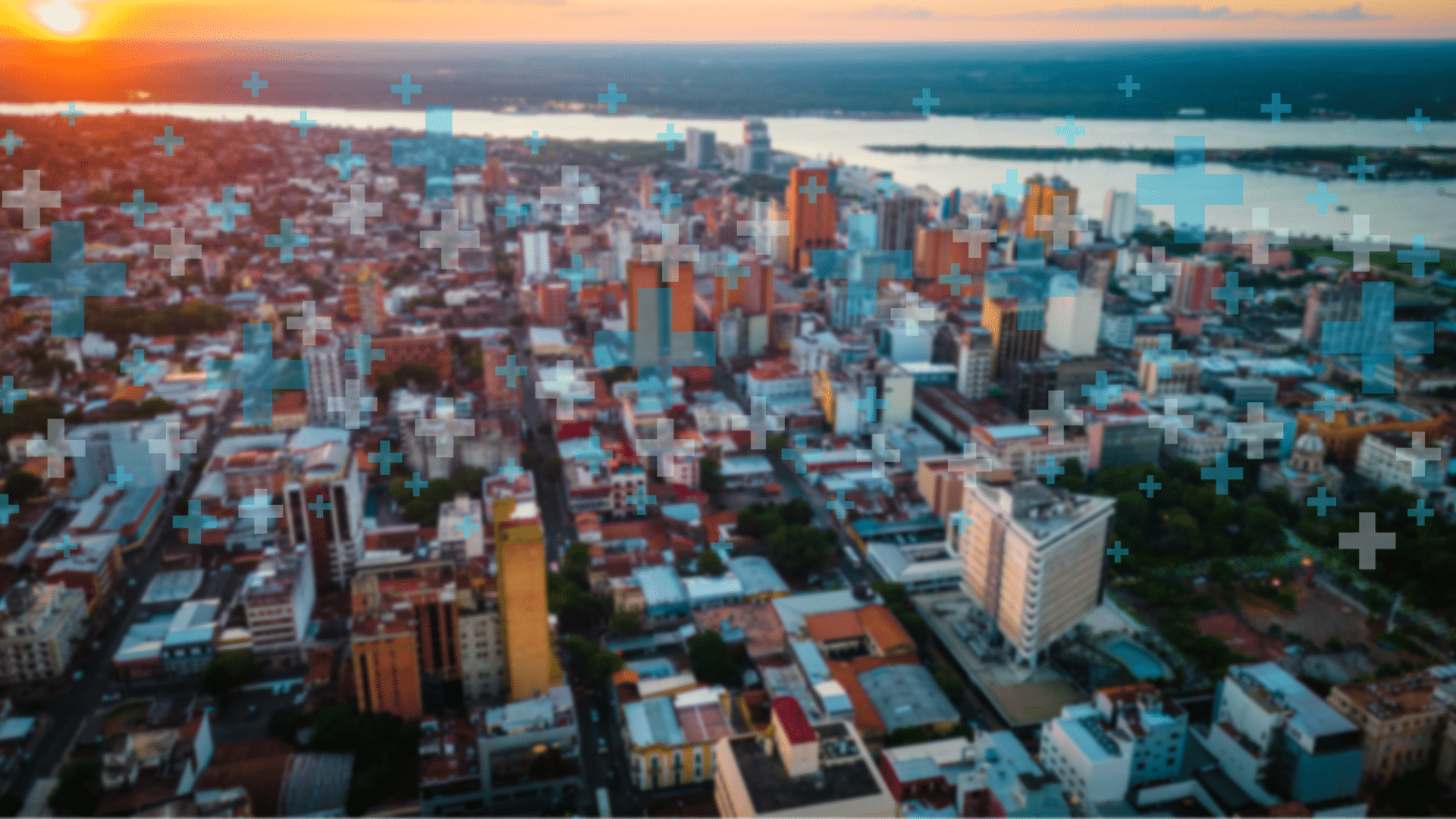The DHIS2 Annual Conference takes place from 15-18 June 2026! Learn more
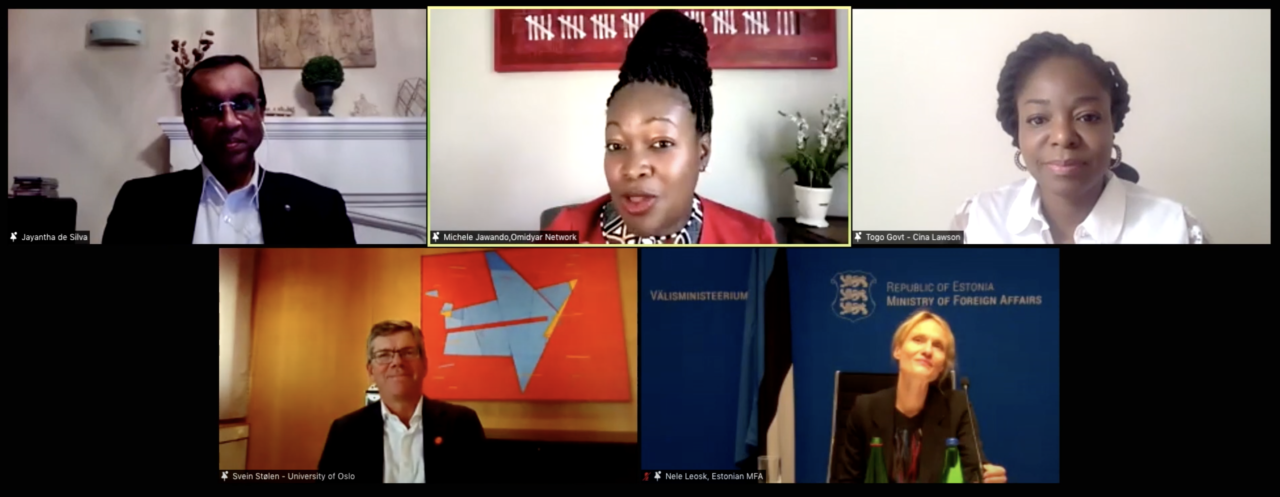
DHIS2 News: High-level meeting on Digital Public Infrastructure highlights DHIS2
The Rockefeller Foundation and Digital Public Goods Alliance brought together global leaders to discuss how to leverage open-source tools for a sustainable and equitable recovery from the COVID-19 pandemic
On August 30, 2021, The Rockefeller Foundation and the Digital Public Goods Alliance (DPGA) joined together to host Co-Develop: Digital Public Infrastructure for an Equitable Recovery. This high-level event brought together global leaders from national governments, international organizations, NGOs, educational institutions, and more to discuss how Digital Public Infrastructure (DPI) — open-source tools like DHIS2 and other Digital Public Goods (DPGs) — can be used to support a sustainable and equitable recovery from the COVID-19 pandemic in all countries. Presenters included the Secretary General of the UN; the EU Commission; ministers from the governments of Sri Lanka, Sierra Leone, Togo, Germany, Estonia, and Norway; and leaders from USAID, The Gates Foundation and several other international organizations.

DHIS2 was referred to as a leading example throughout the event, both as a DPG that countries can freely adopt and easily adapt to meet their needs, and in regards to the work of the Health Information Systems Programme (HISP) at the University of Oslo (UiO) and the international HISP network in developing and deploying DHIS2 to improve national health information systems and to respond to the COVID-19 pandemic. In particular, Jayantha de Silva, Secretary of the Ministry of Technology of Sri Lanka, said that “Thanks to DHIS2, we managed to develop a (COVID-19) surveillance system within a very very short period,” using local public- and private-sector capacity (including HISP Sri Lanka, which was also represented by Dr. Pamod Amarakoon at the Co-Develop event) to customize a DHIS2 configuration that met Sri Lanka’s needs for transparency and inclusion — and the challenges of serving a largely rural population. Sri Lanka shared this solution with the world, and it served as the foundation for the DHIS2 COVID-19 surveillance package that was used by more than 40 countries.
“Accessible and reliable health data is key to fighting a pandemic, and this is exactly what the DHIS2 software delivers,” remarked Svein Stølen, the Rector of the University of Oslo, which is home to HISP UiO and the DHIS2 project. Rector Stølen also talked about the role that academic institutions had in building this capacity through collaboration on research with institutions and Ministries of Health in Africa and Asia, and sharing of knowledge and open tools — as well as a long-term partnership with Norad, which has provided stable project funding — which helped make it possible for DHIS2 to be deployed so swiftly in response to COVID-19.
“I think it’s important that the software that we are producing is open, it’s easily adjustable to fit different contexts. And this is part of the core idea … a firm belief in open source and in in-country capacity building. This way each country can adjust to local needs and take part in the open-source DHIS2 network.”
Svein Stølen — Rector, University of Oslo

Envisioning an equitable recovery from COVID-19 through open-source tools and global collaboration
The event’s moderator, Michele Jawanda of the Omidyar Network, described the purpose of the Co-Develop initiative by saying: “Today a group of dynamic global leaders will lay out a vision for digital co-development to support an equitable recovery from the COVID-19 pandemic while strengthening inclusion and human rights.” This vision centers around the opportunity to build up Digital Public Infrastructure around broad-based, flexible DPG systems through international cooperation. António Guterres, Secretary-General of the United Nations, reiterated this sentiment in his remarks, referring to his Roadmap for Digital Cooperation, through which the UN hopes to advance a safer, more equitable digital world, one which will lead to a brighter and more prosperous future for all.

“The international community is facing immense challenges. While striving to respond to and recover from the COVID-19 pandemic, while dealing with mounting climate disruption, rising inequality, and utterly unsustainable patterns of production and consumption. Digital Public Infrastructure can help solve all of these challenges… My roadmap for digital cooperation highlights the importance of Digital Public Goods and open-source technologies. These tools can help governments and businesses turbocharge sustainable development.”
António Guterres — Secretary-General, United Nations
Several speakers remarked on how COVID-19 has hit all countries hard, but that low- and middle-income countries were disproportionately affected. Jutta Urpilainen, EU Commissioner for International Partnerships, stated: “Digital technology affects literally every aspect of our societies and economies. At this pivotal moment in history, we have an unprecedented opportunity. Just as the pandemic touched us all, the recovery too must reach us all.” Many speakers also noted that the recovery from COVID-19 represents a golden opportunity for countries to accelerate their digital transformation, taking advantage of DPGs to build resilient, sustainable systems that will support better governance and make them more prepared to deal with future crises. As Albert Nsengiyumva of the African Development Bank put it: “Digital Public Infrastructure can help us make progress on health, social protection, financial inclusion, education, governance, and so much more.”
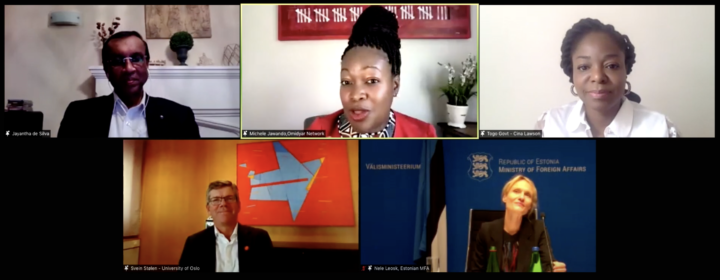
International partners committed to co-developing Digital Public Infrastructure through Digital Public Goods like DHIS2
Leaders from partner organizations from around the world were united in their support of DPI for an equitable recovery. Mark Feierstein, Principal Advisor of the United States Agency for International Development (USAID), remarked that digital technologies and infrastructure “are an indispensable tool to achieve the development goals of our partners around the world.” Jennifer Adams, Senior Deputy Assistant Administrator for the USAID Bureau for Global Health, listed DHIS2 as an “extremely successful” example of a DPG platform that plays “a critical role today in supporting health efforts in partner countries, and especially to combat COVID-19.” USAID, The Gates Foundation and The Rockefeller Foundation all expressed their intent to increase their investment in DPI.
Norway, one of the hosts of the event and founding member of the DPGA — together with Sierra Leone — was represented at the event by Dag Inge Ulstein, the Minister of International Development, and Bård Vegar Solhjell, the Director General of the Norwegian Agency for Development Cooperation (Norad). Minister Ulstein stressed the crucial role of DPI in development, not only for crisis recovery, but for effective and inclusive governance in health, education and for every one of the UN’s 2030 goals. “If we are to stand any chance of success in eradicating extreme poverty the tremendous potential of digital technology must be unleashed everywhere,” he said. Mr. Solhjell also emphasized the importance of these tools being open-source, noting that governments in all countries want to be in control of the tools these use, and that “A development model based on DPGs can break down geographic, sectoral and institutional barriers and allow trust and ownership to be built through direct engagement with open technologies.” He announced that Norad will continue to provide core funding for DHIS2 and other DPGs and to work with academic networks like HISP to leverage academic capacity, to help provide countries with safe and democratic solutions for digital transformation.
The Co-Develop event coincided with the release of a new report from The Rockefeller Foundation, the Digital Public Goods Alliance, and the Norwegian Ministry of Foreign Affairs, which highlights proposed next steps for building Digital Public Infrastructure, and includes case studies from Togo, Estonia, DHIS2, and others that show the real life impact of DPGs, and how leadership from these countries and academic organizations like UiO makes a difference. HISP UiO is honored that our work with DHIS2 was featured at this event, and look forward to our continued collaboration with our national and international partners to deploy DHIS2 to strengthen Digital Public Infrastructure for sustainable development and equitable governance.
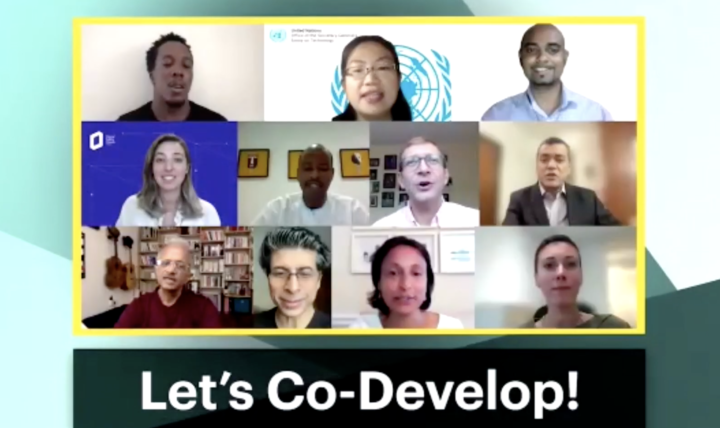
You can watch a recording of this event on YouTube
